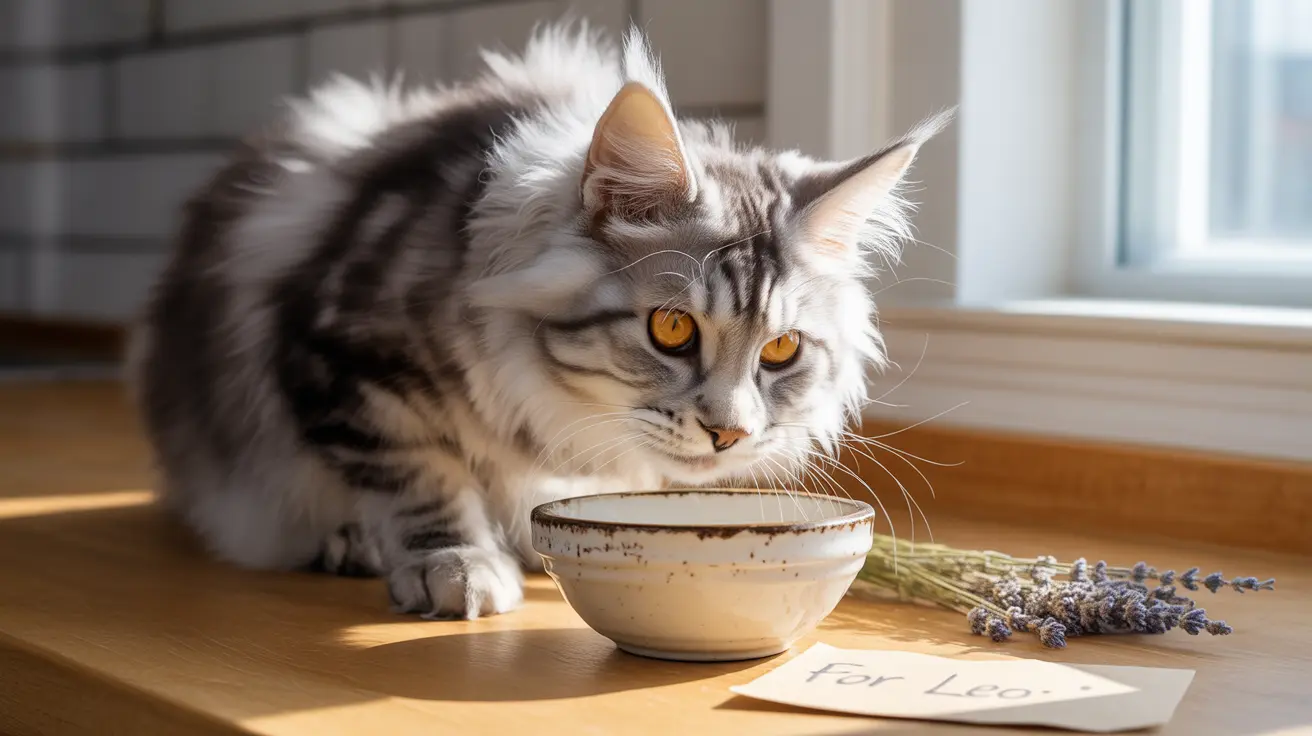If you're wondering whether cats can have coconut milk, the short answer is that while it's not toxic, it's generally not recommended for feline consumption. As obligate carnivores, cats have specific dietary needs that coconut milk doesn't fulfill, and regular consumption could lead to health issues.
In this comprehensive guide, we'll explore the relationship between cats and coconut milk, examining both the potential risks and what veterinary experts recommend for your feline friend's diet and hydration needs.
Understanding Cats' Nutritional Needs
Cats are specialized carnivores whose bodies are designed to process and utilize nutrients from animal-based sources. Their digestive systems lack certain enzymes needed to properly process plant-based foods like coconut milk, making it an unnecessary addition to their diet.
Unlike humans who can benefit from plant-based milk alternatives, cats require specific amino acids and proteins that can only be found in animal products. This fundamental biological difference is crucial to understanding why coconut milk isn't ideal for felines.
The Composition of Coconut Milk and Its Effects on Cats
Coconut milk contains high levels of saturated fats, primarily medium-chain triglycerides (MCTs), along with minimal protein content and natural sugars. While these components might be beneficial for humans, they can cause several issues in cats:
- High fat content can lead to weight gain and obesity
- Concentrated MCTs may cause digestive upset
- Added sugars in commercial varieties offer no nutritional benefit
- Plant-based proteins are not efficiently utilized by cats
Potential Risks and Side Effects
When cats consume coconut milk, they may experience various adverse reactions, ranging from mild to severe:
Immediate Effects
- Digestive upset
- Vomiting
- Diarrhea
- Stomach discomfort
Long-term Concerns
- Weight management issues
- Nutritional imbalances
- Potential allergic reactions
- Complications with existing health conditions
Safe Alternatives for Cats
Instead of coconut milk, consider these veterinarian-approved options for your cat:
- Fresh, clean water (always the best choice)
- Cat-specific milk replacers if needed
- Veterinary-approved oral rehydration solutions
- Plain, low-sodium meat broths (without onion or garlic)
When to Consult Your Veterinarian
Always consult your veterinarian before introducing any new food or drink to your cat's diet, especially if your cat has:
- Existing digestive issues
- Weight management concerns
- Medical conditions requiring dietary restrictions
- Signs of food sensitivities
Frequently Asked Questions
Is coconut milk safe for cats to drink occasionally?
While not toxic, coconut milk isn't recommended for cats. If given, it should only be offered in very small amounts (less than a teaspoon) and very infrequently to healthy adult cats.
What are the health risks if my cat drinks too much coconut milk?
Excessive coconut milk consumption can lead to digestive issues, diarrhea, vomiting, weight gain, and potential allergic reactions. The high fat content can also trigger pancreatitis in susceptible cats.
Can cats digest the fats and sugars found in coconut milk?
Cats lack the necessary enzymes to properly digest plant-based fats and sugars found in coconut milk. Their digestive systems are optimized for processing animal-based nutrients instead.
How does coconut milk compare to cow's milk in terms of safety for cats?
While coconut milk doesn't contain lactose like cow's milk, neither is suitable for cats. Both can cause digestive issues, though for different reasons. Cats are generally lactose intolerant and can't properly process plant-based milk alternatives.
Are there any benefits of giving coconut milk to cats for their skin or coat?
While some claim coconut milk can improve cats' skin and coat health, there's no scientific evidence supporting these benefits. Any coat or skin improvements are better achieved through proper nutrition from high-quality cat food and veterinary-approved supplements if needed.
In conclusion, while coconut milk isn't toxic to cats, it's best to avoid making it a regular part of their diet. Focus instead on providing fresh water and a balanced, veterinary-approved diet that meets all their nutritional needs.






